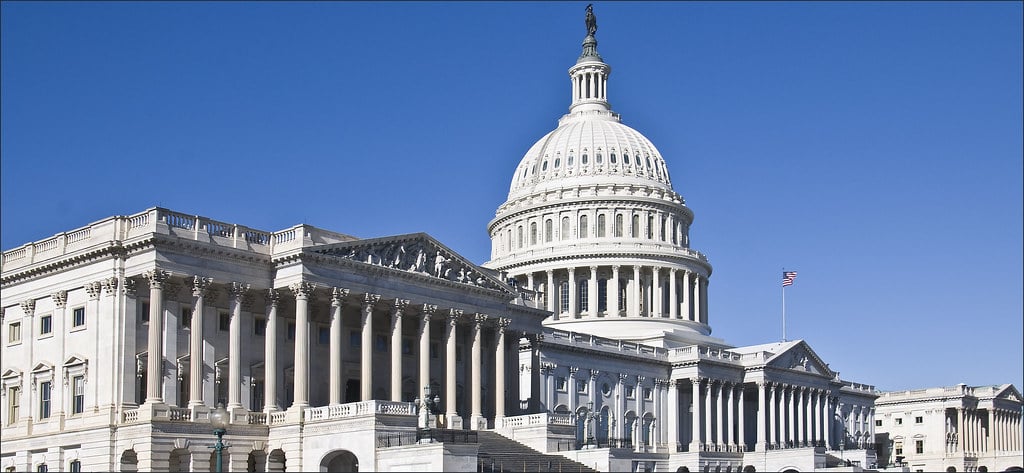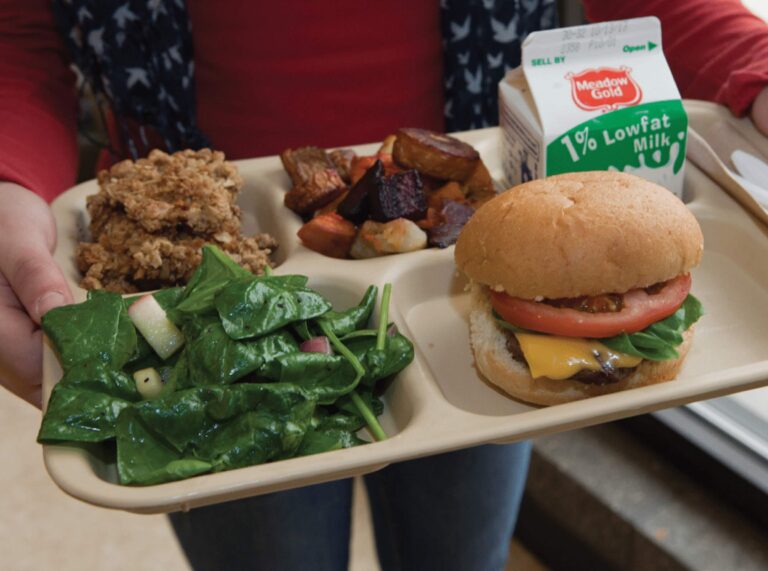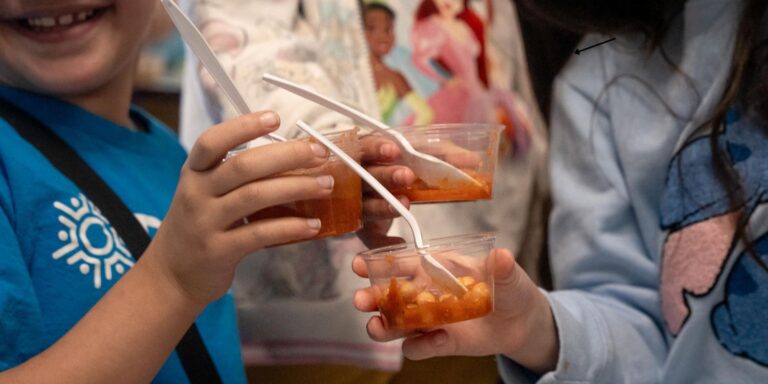COVID-19, USDA, and Other Policy Updates
Millions of kids who rely on school meals are losing access to the food they depend on as the COVID-19 pandemic unfolds. Here’s what you can do to help.
Join our corps! Applications for 2026-2027 are now open. Apply by March 30.
Millions of kids who rely on school meals are losing access to the food they depend on as the COVID-19 pandemic unfolds. Here’s what you can do to help.

As we write this update, the COVID-19 pandemic has closed schools nationwide—impacting over 50 million kids. Millions of kids from low-income families who rely on school meals are losing access to the food they depend on. On top of that, widespread closures of businesses are putting families—many of whom already struggle to make ends meet—out of work, placing more kids at risk of going hungry.
While schools and communities across the country are going above and beyond to get meals to families and kids, our federal and state governments are working to come up with policy solutions to help families weather this unprecedented public health and economic crisis.
Last week, Congress took an important first step toward addressing the public health and economic crisis presented by the COVID-19 outbreak. The Families First Coronavirus Response Act swiftly moved through Congress, passing both the House and Senate with strong bipartisan support. This relief package, which the president signed into law, includes an additional $1.25 billion in emergency funding for federal nutrition programs—vital assistance that helps low-income families stretch their budgets to put food on the table. Additionally, the bill helps ensure kids who rely on school meals continue to have access to the nutrition they need during school closures. Some of the key provisions include:
In addition, the bill provides paid leave to some workers (although notably leaves many out—something we hope Congress addresses next) as well as additional funding for unemployment insurance. It also establishes free testing for COVID-19.
Following the passage of the Families First Coronavirus Response Act, the USDA exercised the newly approved authority to issue nationwide waivers to ensure kids’ access to meals through child nutrition programs. Schools and other program operators should receive approval from their state child nutrition agency in order to ensure that the meals served will be reimbursed. The approved changes would allow:
This is an important step toward making it easier for schools to provide meals to their students during school closures. However, we know that more actions are needed to alleviate immediate challenges faced by school nutrition professionals and others on the frontlines.
The Senate is now in negotiations to pass a more comprehensive stimulus package, which lawmakers hope will stabilize the economy and provide more relief to families impacted by the pandemic. Among the measures under consideration is boosting SNAP benefits—vital nutrition assistance that helps families put food on the table while strengthening local economies. Send a quick email to your members of Congress urging them that any COVID-19 economic recovery package must build on SNAP’s economic stimulus effect.
In January, the USDA proposed some changes to school meal rules that could undermine kids’ health. Amidst the COVID-19 pandemic, the USDA has extended the public comment period—the new deadline is April 22.
We need your help in speaking up for healthy kids and healthy schools! School food is complex, and so is the proposed rule. FoodCorps listened to some of our school nutrition partners and other stakeholders to learn how it would impact their operations and the kids they serve. Read our blog post to learn our take on the proposed changes.
Update: Since we published this post, Congress has passed the third round of emergency relief to help support families and workers impacted by the COVID-19 pandemic. The USDA issued additional nationwide waivers for child nutrition programs to ensure continued access to school meals.
FoodCorps is a non-partisan, non-profit organization. FoodCorps staff and FoodCorps AmeriCorps members may not participate in any partisan or seemingly partisan activities during work time charged to a Corporation for National and Community Service funded grant or while earning AmeriCorps service hours. No federal funds were used to prepare or distribute these advocacy actions.

3 Reasons We Need School Meals for All

Mindful Tasting: Eating with All 5 Senses

Our 2025 Child Nutrition Policy Year in Review